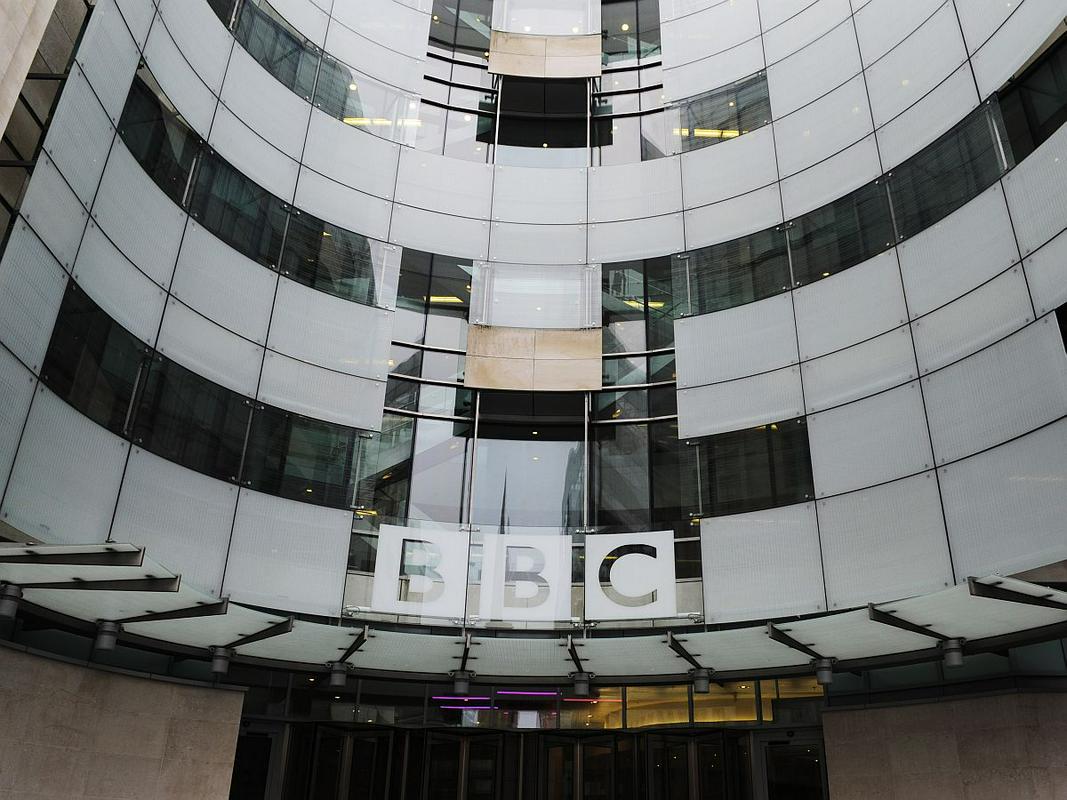
In 1941, the people of Slovenia found themselves in a difficult situation. As the Axis power invaded Yugoslavia, they divided up the Slovenian lands between them - Italy, Germany, and Hungary each grabbed and annexed parts of the newly-conquered territory. The Slovenian nation seemed destined to forced assimilation and eventual extinction. In those trying times, however, a voice from abroad brought valuable information - and hope - to the people of the occupied land, and did it in the Slovenian language.
The voice was the Slovene-language service of the BBC, set up in April 1941, just after the Axis invasion of Yugoslavia. Listening to it was illegal, yet ordinary Slovenians, starved of information from the frontlines, fiddled with their dials in order to tune in to London anyway. Besides Kričač, a clandestine radio station that broadcast from secret locations in Slovenia, the BBC was the only source of factual reports from war-torn Europe. Headed by a woman named Liza Hirsch and featuring well-known personalities such as the novelist and historian Janko Lavrin, the Slovenian-language service, initially a part of the larger Yugoslav Service, quickly became regarded as a credible source of information. In a time when other outlets offered propaganda, the BBC aired news, even when that news wasn’t great for the Allies.
After liberation, Europe was divided by a new conflict as the Iron Curtain descended across the continent and the tensions between the East and the West escalated into the Cold War. Some BBC employees returned to Yugoslavia after the war, but others wanted no part in the new Communist regime and opted to remain in London. Meanwhile, the BBC continued its tradition of providing Slovenian audiences with largely unbiased news.
Those who had hoped that the BBC would maintain a strong anti-Communist stance had their hopes dashed. According to media researcher Alban Webb, BBC management decided not to be too critical of Tito’s regime. One reason was the residual sympathy many at the Corporation still had for the wartime Partisan movement. Also, after the 1949 Tito-Stalin split, an unwritten policy encouraged editors not to antagonize the only Communist state that was outside of Soviet control. As a result, according to Webb, “BBC broadcasts in Serb-Croat and Slovene [contained] very little political programming or comment beyond press reviews.”
Still, the BBC maintained its reputation as a source for credible news, and did report on a number of stories that displeased the Communist government. In addition to world news, the Slovenian service also aired programs about popular music - the musician Tomaž Domicelj was among the hosts in the 1980s -, as well as popular features about life in the English-speaking world.
After independence, an investigation published in The Sunday Times by Justin Williams and Aljoša Kravanja revealed that several Slovenian journalists at the BBC had worked for UDBA, the notorious Yugoslav intelligence agency, during the Cold War. Even though the revelation was shocking to many of their colleagues, it did not overshadow the BBC’s continued success in post-independence Slovenia. In the early 1990s, the Slovene Service began to be distributed via satellite, and its news was even picked up by radio stations across Slovenia - a first in post-communist Europe.
By the dawn of the new millennium, however, the media landscape had again begun to change dramatically. Slovenia now had a number of news outlets of its own, and the Internet made international news more accessible than ever before. At the same time, the UK Foreign Office was increasingly reluctant to pay for broadcasts to countries that were now democracies. As early as 1996, the BBC abandoned its shortwave transmissions of the Slovene Service and decided to rely solely on satellite transmissions.
Finally, as a result of budget cuts, the Slovene Service, along with a number of international services from the BBC, ended its operations in 2006 - more than six decades after its first broadcast in the dark days of World War II.

































































